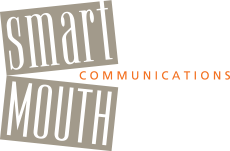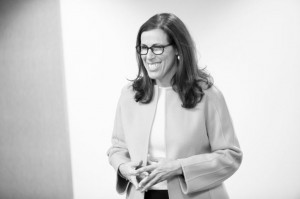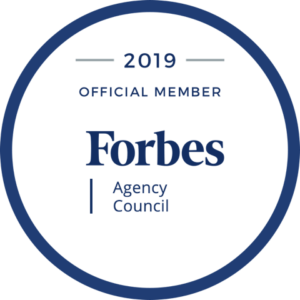 I was reminded yesterday by @TanyaRivero on @WSJLive that it’s wedding season, which means lots of toasts are being delivered. Best Man toasts. Maid of Honor toasts. Father of the Bride toasts. You name it!
I was reminded yesterday by @TanyaRivero on @WSJLive that it’s wedding season, which means lots of toasts are being delivered. Best Man toasts. Maid of Honor toasts. Father of the Bride toasts. You name it!
The way I see it, toasts fall under the category of highly personal speeches – a category that includes not just toasts, but eulogies, graduation and retirement sendoffs and the like. These kinds of speeches are often touching and/or funny, yet they also provide the perfect storm for audience-centricity to implode; the topic is limited to a couple or person, the speaker was chosen for their special relationship to the couple or person, and the audience is made up of people who also have their own special relationships with the couple or person.
Sounds like the perfect storm for perfection not disaster, right? Wrong. Apart from the notorious toast flops that include revealing long-held secrets or telling inappropriate stories, there’s another potentially damaging dynamic that happens when the speaker isn’t careful. And that is, they make the audience feel badly. By taking the opportunity to share personal stories, sometimes to excess or even exclusively, the toaster can make the audience feel left out or less important to the people being toasted. It ends up feeling exclusive and not inclusive to the audience.
By contrast, a speaker who embraces the principle of audience-centricity during a toast or other highly personal speech might talk about the qualities or experiences that everyone in the room knows about and can appreciate or laugh at; they might share lessons learned from the couple or person being toasted that everyone can related to; or they might take a bigger picture view of the occasion and talk only about the couple or the person and not even include their own personal connection.
The audience-centric speaker in the case of a wedding toast or other highly personal speech opens the tent wide so that everyone in attendance feels connected and feels like they could have toasted the couple or person with that very same speech.
- New Agey Advice for Nervousness - November 3, 2022
- Your Passion Can Go a Long Way Toward Building Connection - October 10, 2022
- Keep stage fright a private matter while you’re speaking on a public stage! - August 11, 2022



